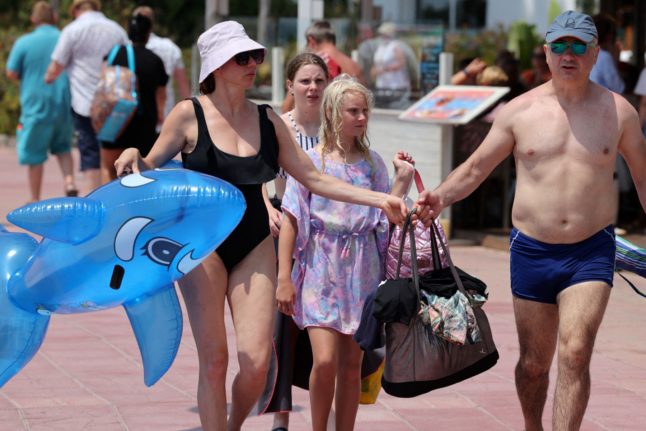December 2020 will be a very different month than what we’re used to in Spain during the festive period.
After a tough November, some regions have begun to lift their Covid-19 restrictions slightly, allowing for restaurants and bars to open again, such as in Catalonia, however there are still curfews and many other restrictions in place. Read on to find out what's changing this month.
Closed borders
The government has announced an extension of its border closure policy until December 31st. Changes have also been made to the list of countries you can travel from to enter the Schengen zone, which currently only includes Australia, Japan, New Zealand, Rwanda, South Korea, Thailand, Uruguay and China. READ MORE HERE
Negative Covid-19 test to enter Spain
As of November 23rd and throughout December, travellers from more than 60 countries who want to enter Spain, will need to provide a negative Covid-19 test no older than 72 hours, before they fly. Click here to find out the full details.

Photo:: fernando zhiminaicela/Pixabay
Puente de la Constitución
The Puente de la Constitución o de la Inmaculada links two public holidays to form a four day long weekend from Friday 4th December until Tuesday 8th. Most regions in Spain have decided to keep their borders closed, meaning that travel beyond your region may not be possible this holiday. Madrid has announced that it will remain closed between December 4 – 14th, the Basque Country and Andalusia will close until December 10th and Valencia and Murcia will close until December 9th.
Other regions have already announced that their borders will close beyond the Puente period. Catalonia will remain closed until December 21st, La Rioja until the 19th and Navarra until the 18th.
Christmas
Every region will have slightly different rules for the Christmas period, but it’s clear that this Christmas will be different and several restrictions will remain in place. While some regions are sticking to the rule of no more than six people, it has been proposed that in Catalonia and Madrid, that this will increase to 10 over Christmas (December 24, 25 and 31, and January 1 and 6). Some regions want to exlude children under the age of 14 (who are thought to not be very contagious) from the maximum number, but the maximum social group may not be allowed to include more than two household ‘bubbles’.
The Local will publish updates on regional plans over the Christmas period as the measures are announced.
Curfews are to remain in place over the Christmas holidays, except for Christmas Eve and New Year’s Eve, when there will likely be an extension. The government has proposed delaying the curfew until 1am while Madrid's regional government is lobbying for a further delay until 1.30am in the capital.
READ MORE: What we know about Spain's plan for Christmas coronavirus restrictions
 Photo: Karolina Grabowska/Pixabay
Photo: Karolina Grabowska/Pixabay
Brexit
Those wishing to remain in Spain after the Brexit transition period will have until December 31th to start their residency process (if they don’t have it already) and to apply to change over their driving license to a Spanish one.
To find out how to get an appointment to change your driving license click here and to find out how to register for residency or change your NIE for a TIE click here.
READ MORE:



 Please whitelist us to continue reading.
Please whitelist us to continue reading.
Member comments